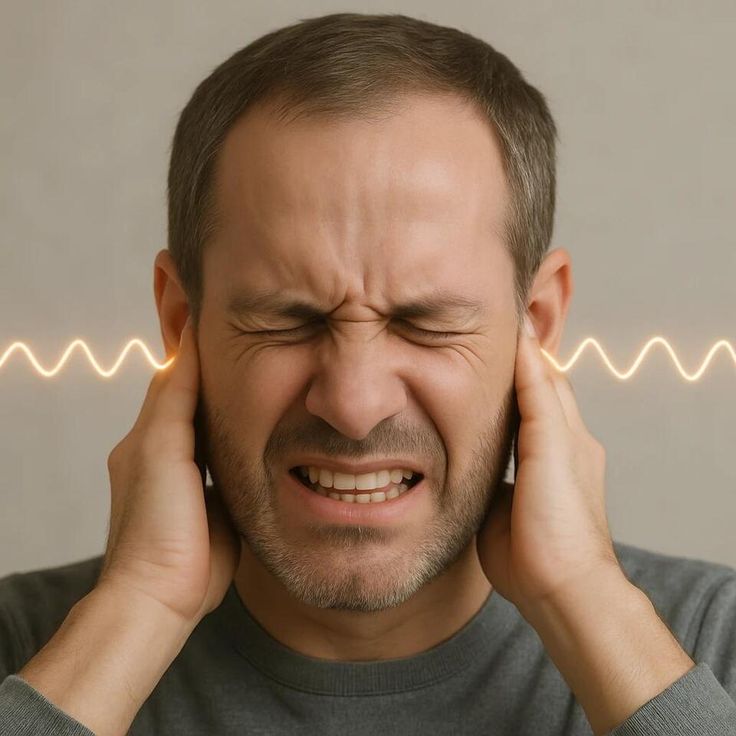Tinnitus — often described as ringing, buzzing, or humming in the ears — affects millions worldwide. While there is no definitive cure, many people with tinnitus also experience hearing loss, and this is where hearing aids can play a major role.
How Hearing Aids Help with Tinnitus
Amplification:
By boosting external sounds, hearing aids make tinnitus less noticeable by blending it into the background.
Reduced Auditory Deprivation:
When hearing loss limits the sounds reaching the brain, it can increase awareness of tinnitus. Hearing aids provide consistent stimulation, helping reduce this effect.
Sound Therapy:
Many modern devices include built-in sound generators that produce masking sounds like white noise, nature sounds, or soft chimes. This distracts the brain from tinnitus.
Bluetooth Streaming:
Advanced hearing aids allow users to stream music, relaxation tracks, or custom sound therapy directly from a smartphone.
Tips for Using Hearing Aids for Tinnitus
-
Proper Fitting: Always get your devices fitted by an audiologist. Poor fittings can worsen tinnitus.
-
Look for Masking Features: Choose hearing aids with tinnitus management programs or built-in sound therapy.
-
Use Bluetooth Connectivity: Stream relaxing sounds or white noise for additional relief.
-
Be Consistent: Regular daily use can lead to long-term improvements.
When to Seek Professional Help
If tinnitus significantly affects your sleep, concentration, or mental health, consult a hearing and tinnitus specialist. They can determine whether your tinnitus is linked to hearing loss or another underlying medical condition, and whether hearing aids are the right solution.
Other Treatment Options
Hearing aids are highly effective for many, but other therapies are emerging:
-
Bimodal Neuromodulation (e.g., Lenire): FDA-approved device that combines sound therapy with gentle tongue stimulation, retraining the brain to reduce tinnitus perception.
-
Cognitive Behavioral Therapy (CBT): Helps patients manage stress, anxiety, and negative thought patterns associated with tinnitus.
-
Medication Trials (e.g., SPI-1005): Experimental antioxidant drugs aimed at reducing auditory system inflammation.
-
Vagus Nerve Stimulation (VNS): Another experimental therapy pairing sound with nerve stimulation.
Final Thoughts
Hearing aids cannot cure tinnitus, but for many people — especially those with hearing loss — they provide significant relief. With modern technology offering amplification, sound therapy, and streaming features, tinnitus can often be managed more effectively. Combine professional guidance, proper device selection, and consistent use to get the best results.
